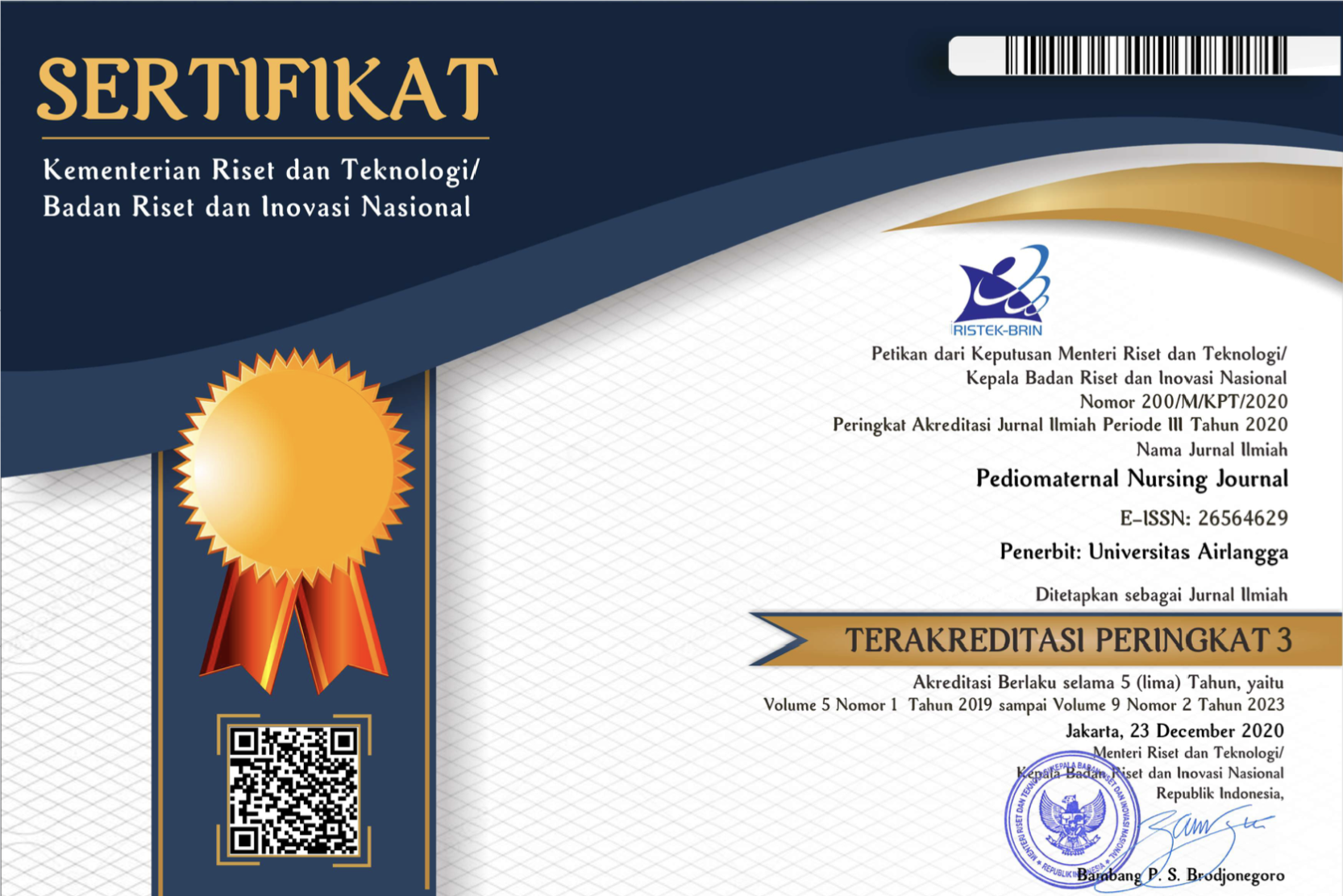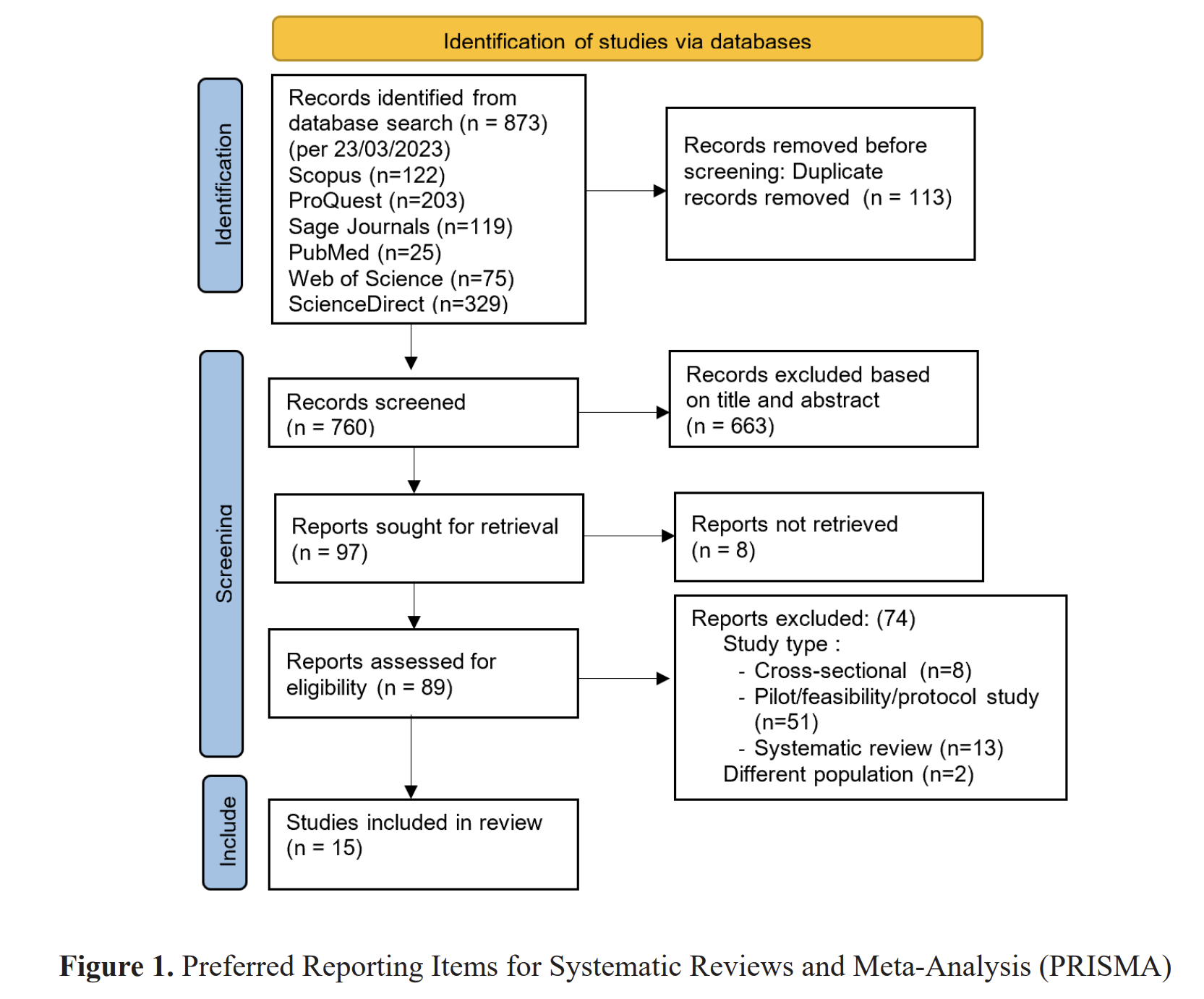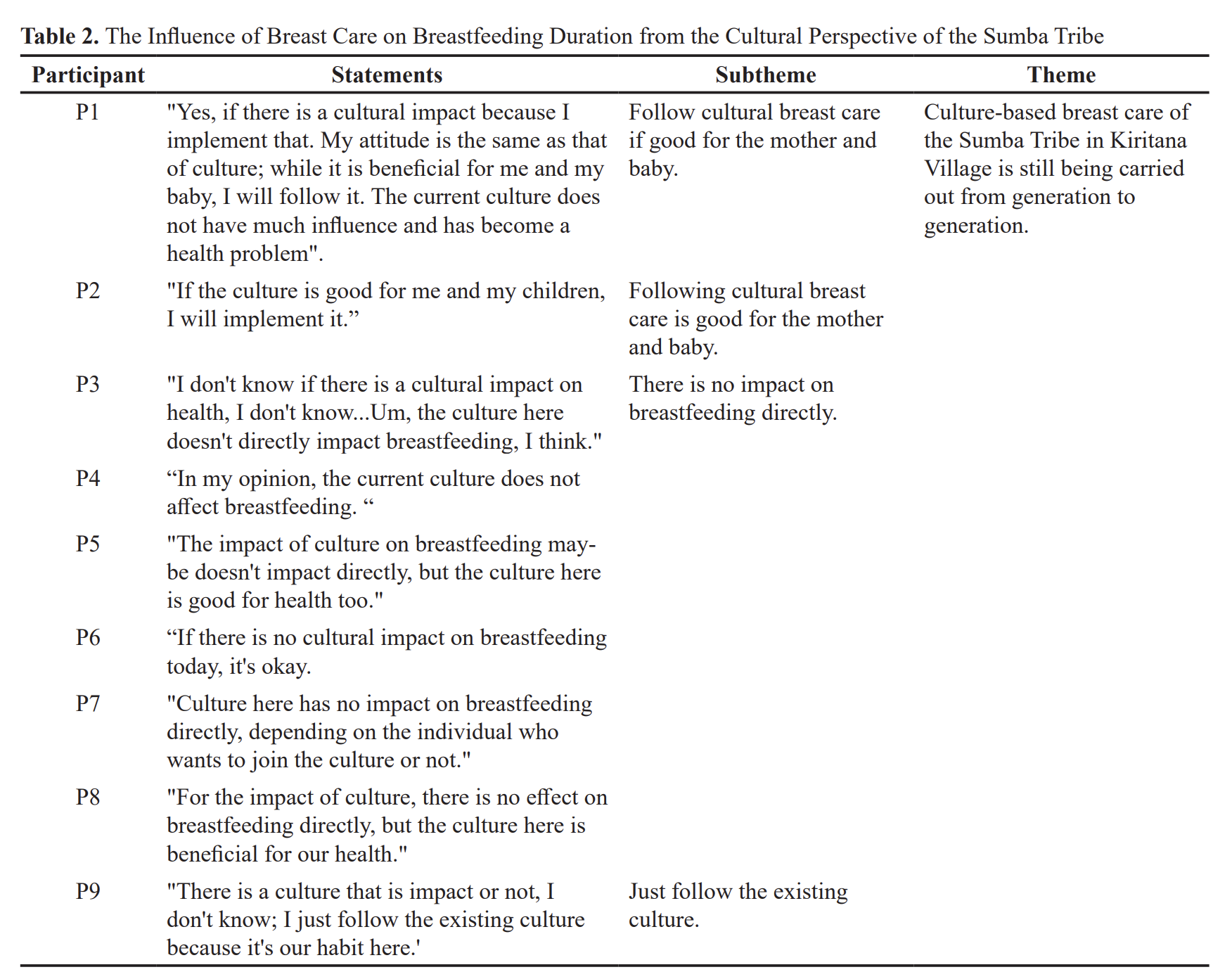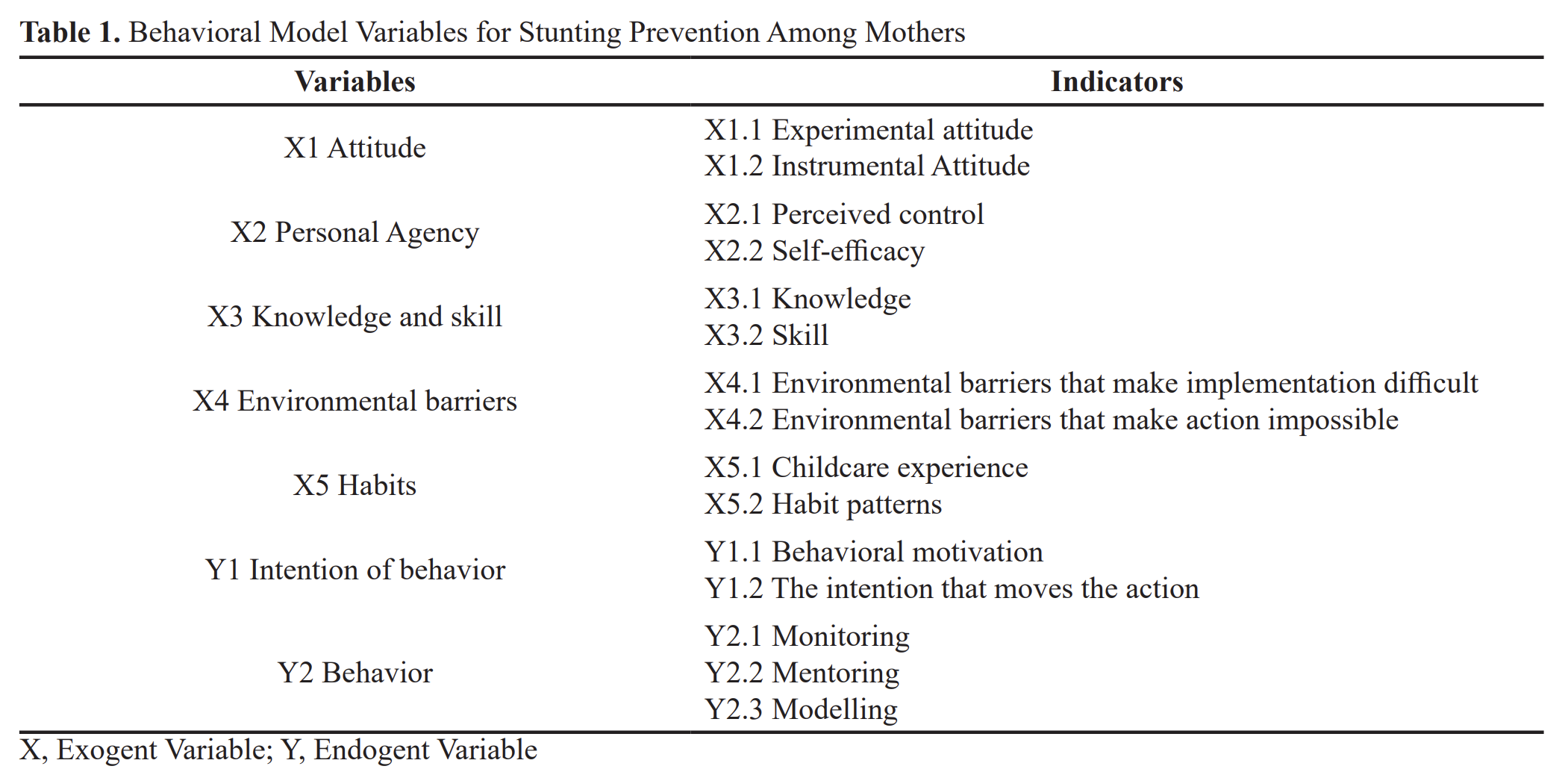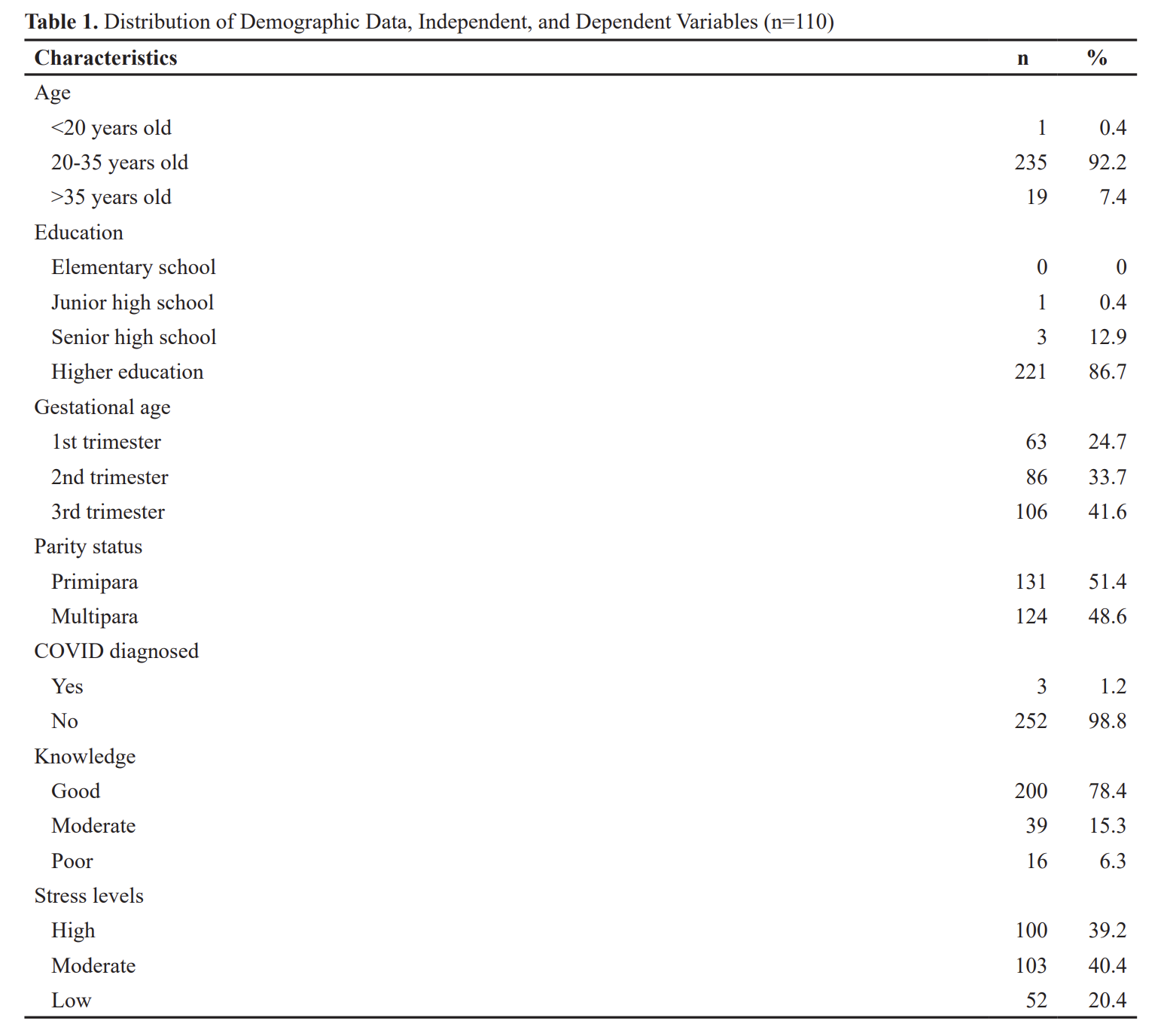Low-Hemoglobin Levels During Pregnancy with Low-Birth Weight: A Systematic Review and Meta-Analysis
Downloads
Introduction: Low birth weight (LBW) is one of the main risk factors for neonatal morbidity and mortality. Anemia in developing countries is still quite high compared to developed countries. Low hemoglobin levels in pregnancy can affect the birth of low birth weight babies.
Methods: This study used a systematic review method. Studies published between 2015 and 2019. Search for articles was reviewed systematically through Scopus, ScienceDirect, Cochrane, and PubMed databases. The final results obtained 10 articles following the inclusion and exclusion criteria. Calculation result using Meta-Analysis with help of Comprehensive Meta-Analysis (CMA) software.
Results: Compare the odds ratio and confidence interval of hemoglobin levels compared to low birth weight events. The results obtained OR 1.449 (95% CI 0.964 – 2.177) and p-Value 0.074 so that there is no relationship of hemoglobin levels in pregnant women ≤ 11gr / dL with the incidence of low birth weight babies. In the heterogeneity test results, I-Squared results obtained by 79.191%, which indicates the value of I-squared heterogeneity> 50% so that the sample used is heterogeneous. Maternal age less than 20 years or more than 35 years, number of parity, pregnancy spacing, and number of problems in the assessment of pregnancy and previous labor.
Conclusion: There is no correlation between low maternal hemoglobin levels with the incidence of low birth weight because there are other factors that can affect outcomes such as different respondent characteristics, number of samples, different research countries, different trimester of pregnancy and other factors that can cause research bias.
Aboye, W., Berhe, T., Birhane, T. and Gerensea, H. (2018) ‘Prevalence and associated factors of low birth weight in Axum town, Tigray, North Ethiopia', BMC Research Notes. BioMed Central, 11(1), pp. 1–6. doi: 10.1186/s13104-018-3801-z.
Ahankari, A., Bapat, S., Myles, P., Fogarty, A. and Tata, L. (2017) ‘Factors associated with preterm delivery and low birth weight: A study from rural Maharashtra, India', F1000Research, 6(May), pp. 1–12. doi: 10.12688/f1000research.10659.1.
Daru, J., Allotey, J., Peña-Rosas, J. P. and Khan, K. S. (2017) ‘Serum ferritin thresholds for the diagnosis of iron deficiency in pregnancy: a systematic review', Transfusion Medicine, 27(3), pp. 167–174. doi: 10.1111/tme.12408.
Dinas Kesehatan Kota Surabaya. (2017) ‘Profil Kesehatan Kota Surabaya Tahun 2017', Surabaya: Dinas Kesehatan Kota Surabaya
Figueiredo, A. C. M. G., Gomes-Filho, I. S., Silva, R. B., Pereira, P. P. S., Da Mata, F. A. F., Lyrio, A. O., Souza, E. S., Cruz, S. S. and Pereira, M. G. (2018) ‘Maternal anemia and low birth weight: A systematic review and meta-analysis', Nutrients, 10(5), pp. 1–17. doi: 10.3390/nu10050601.
Fitriany, J. and Saputri, A. I. (2018) ‘Anemia Defisiensi Besi', AVERROUS: Jurnal Kedokteran dan Kesehatan Malikussaleh, 4(2), p. 1. doi: 10.29103/averrous.v4i2.1033.
Gernand, A. D., Schulze, K. J., Stewart, C. P., West, K. P. and Christian, P. (2016) ‘Micronutrient deficiencies in pregnancy worldwide: health effects and prevention', Nature reviews. Endocrinology, 12(5), pp. 274–289. doi: 10.1038/nrendo.2016.37.Micronutrient.
Girma, S., Fikadu, T., Agdew, E., Haftu, D., Gedamu, G., Dewana, Z. and Getachew, B. (2019) ‘Factors associated with low birthweight among newborns delivered at public health facilities of Nekemte town, West Ethiopia: A case control study', BMC Pregnancy and Childbirth. BMC Pregnancy and Childbirth, 19(1), pp. 1–6. doi: 10.1186/s12884-019-2372-x.
Hailu, L. D. and Kebede, D. L. (2018) ‘Determinants of Low Birth Weight among Deliveries at a Referral Hospital in Northern Ethiopia', BioMed Research International, 2018, pp. 1–8. doi: 10.1155/2018/8169615.
Heydarpour, F., Soltani, M., Najafi, F., Tabatabaee, H. R., Etemad, K., Hajipour, M., Babanejad, M., Valadbeigi, T., Yaghoobi, H. and Rezaeian, S. (2019) ‘Maternal anemia in various trimesters and related pregnancy outcomes: Results from a large cohort study in Iran', Iranian Journal of Pediatrics, 29(1), pp. 1–7. doi: 10.5812/ijp.69741.
Kumari, S., Garg, N., Kumar, A., Guru, P. K. I., Ansari, S., Anwar, S., Singh, K. P., Kumari, P., Mishra, P. K., Gupta, B. K., Nehar, S., Sharma, A. K., Raziuddin, M. and Sohail, M. (2019) ‘Maternal and severe anaemia in delivering women is associated with risk of preterm and low birth weight: A cross sectional study from Jharkhand, India', One Health. Elsevier, 8(July), p. 100098. doi: 10.1016/j.onehlt.2019.100098.
Lumbanraja, S. N., Yaznil, R. M., Siregar, D. I. S. and Sakina, A. (2019) ‘The correlation between hemoglobin concentration during pregnancy with the maternal and neonatal outcome', Open Access Macedonian Journal of Medical Sciences, 7(4), pp. 594–598. doi: 10.3889/OAMJMS.2019.150.
Nazirun, N. (2019) ‘Factors related to the incidence of low birth weight babies at Arifin Achmad Pekanbaru Riau Hospital', Annals of Tropical Medicine & Public Health S318, 11.
Normayanti (2019) ‘Hubungan Anemia Pada Ibu Hamil Dengan Kejadian BBLR Di RS PKU Muhammadiyah Yogyakarta', Universitas Aisiyah Yogyakarta.
Novianti, S. and Aisyah, I. S. (2018) ‘Hubungan Anemia Pada Ibu Hamil Dan Bblr', Jurnal Siliwangi, 4(1), pp. 6–8. Available at: http://jurnal.unsil.ac.id/index.php/jssainstek/article/view/440%0A18-08-2019.
Oladeinde, H. B., Oladeinde, O. B., Omoregie, R. and Onifade, A. A. (2015) ‘Prevalence and determinants of low birth weight: The situation in a traditional birth home in Benin city, Nigeria', African Health Sciences, 15(4), pp. 1123–1129. doi: 10.4314/ahs.v15i4.10.
Rahmati, S., Delpishe, A., Ahmadi, M. R. H. and Sayehmiri, K. (2017) ‘Maternal anemia during pregnancy and infant low birth weight: A systematic review and meta-analysis', International Journal of Reproductive BioMedicine, 15(3), pp. 125–134. doi: 10.29252/ijrm.15.3.125.
Robson, S. and Waugh, J. (2011) Patologi Pada Kehamilan: Manajemen dan Asuhan Kebidanan. Jakarta: EGC.
Roopnarine, N. C. and Maharaj, R. G. (2017) ‘Risk factors for low birthweight in Southwest Trinidad: A case-control study', West Indian Medical Journal, 66(1), pp. 88–94. doi: 10.7727/wimj.2014.161.
Sharma, S. R., Giri, S., Timalsina, U., Bhandari, S. S., Basyal, B., Wagle, K. and Shrestha, L. (2015) ‘Low birth weight at term and its determinants in a tertiary hospital of nepal:A case-control study', PLoS ONE, 10(4), pp. 1–10. doi: 10.1371/journal.pone.0123962.
Srour, M. A., Aqel, S. S., Srour, K. M., Younis, K. R. and Samarah, F. (2018) ‘Prevalence of Anemia and Iron Deficiency among Palestinian Pregnant Women and Its Association with Pregnancy Outcome', Anemia, 2018. doi: 10.1155/2018/9135625.
United Nations Children's Fund. (2004). Low Birthweight: Country, regional and global estimates. New York: UNICEF.
World Health Organization. (2004). Low Birthweight: Country, Regional dan Global Estimates. Geneva.
World Health Organization. (1992) ‘Low Birth Weight: Tabulation of Available Information'. Geneva.
Copyright (c) 2021 Lucyana Septia Pramita, Widati Fatmaningrum, Martono Tri Utomo, Muhammad Ilham Aldika Akbar

This work is licensed under a Creative Commons Attribution 4.0 International License.
1. The journal allows the author to hold the copyright of the article without restrictions.
2. The journal allows the author(s) to retain publishing rights without restrictions.
3. The legal formal aspect of journal publication accessibility refers to Creative Commons Attribution (CC BY).

